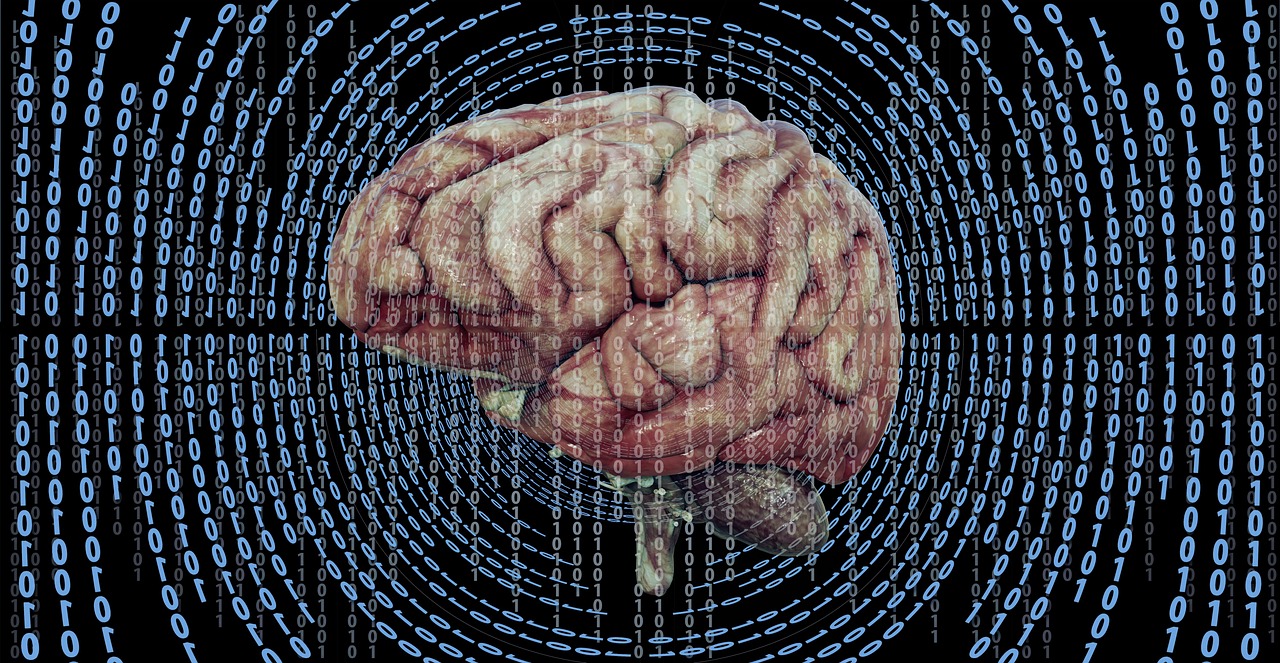Mental Health
Infants at risk of Alzheimer’s have Different Brain Images
Alzheimer's disease is the most common type of dementia. Due to the fact that there is currently no cure for this mental illness, researchers have studied the disease with the hopes of finding risk factors early on so that at risk individuals could take preventative measures. In a new study conducted by researchers from Brown University and the Banner Alzheimer's Institute, the team discovered that infants who have a specific gene variant called APOE-E4 have a greater risk of developing Alzheimer's later on in life.
For this study, the team took brain images of 162 healthy infants who were between two-and 25-months-old. The infants underwent DNA tests, which helped the researchers identify the APOE gene variant that they carried. The team found that 60 infants had the genetic variant, APOE-E4. The researchers then compared the brain images of the infants with APOE-E4 to the infants without the gene variant.
The researchers found that infants with APOE-E4 had increased and decreased brain growth in select areas. Infants with APOE-E4 had increased growth in the frontal lobe but decreased growth in certain parts of the middle and rear areas of the brain. The researchers believe that these differences could be indicators of an infant's future risk of Alzheimer's. The researchers clarified that what they identified was another risk factor and these differences in the brain do not mean that these infants will definitely have Alzheimer's.
"This work is about understanding how this gene influences brain development," said Sean Deoni, who heads Brown University's Advanced Baby Imaging Lab and was one of the study's senior authors. "These results do not establish a direct link to the changes seen in Alzheimer's patients, but with more research they may tell us something about how the gene contributes to Alzheimer's risk later in life."
According to the background information, roughly a quarter of the U.S. population carries the APOE-E4 gene variant. However, not every one who gets diagnosed with Alzheimer's has the gene. Roughly 60 percent of people with the disease carry at least one copy of the APOE-E4 gene.
"We're in a good spot to be able to investigate how this gene influences development in healthy infants," said Deoni, who is also an assistant professor of engineering at Brown. "These infants are not medicated and not showing any cognitive decline - quite the opposite, actually; they're developing normally."
"It may sound scary that we could detect these brain differences in infants," said Dr. Eric Reiman, executive director of the Banner Alzheimer's Institute in Arizona and another senior author on the paper. "But it is our sincere hope that an understanding of the earliest brain changes involved in the predisposition to Alzheimer's will help researchers find treatments to prevent the clinical onset of Alzheimer's disease - and do so long before these children become senior citizens."
The study was published in JAMA Neurology.









Join the Conversation